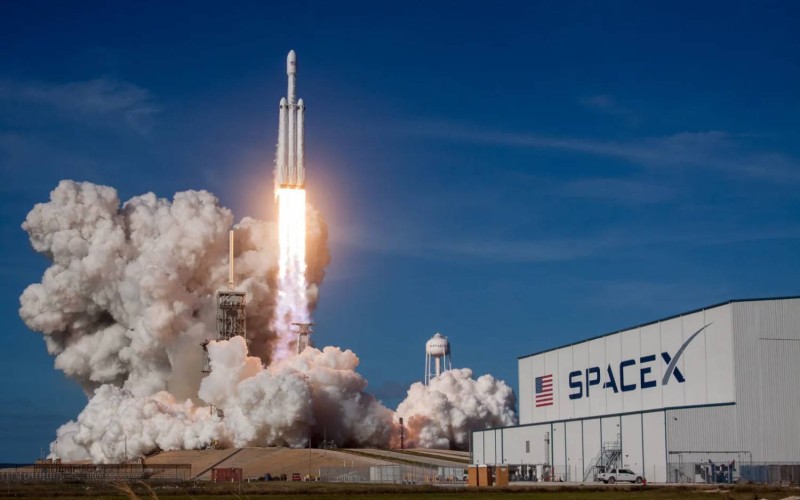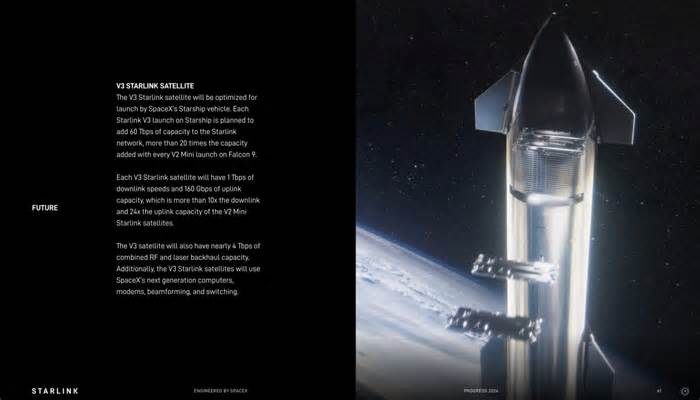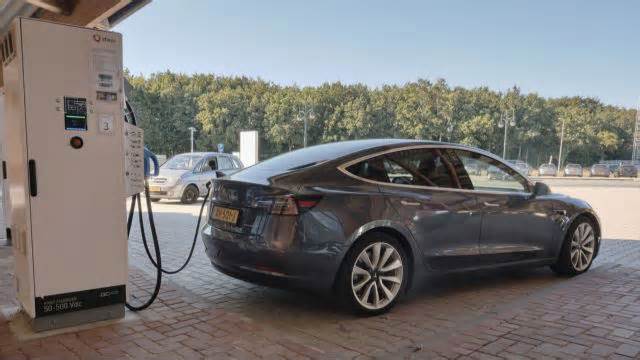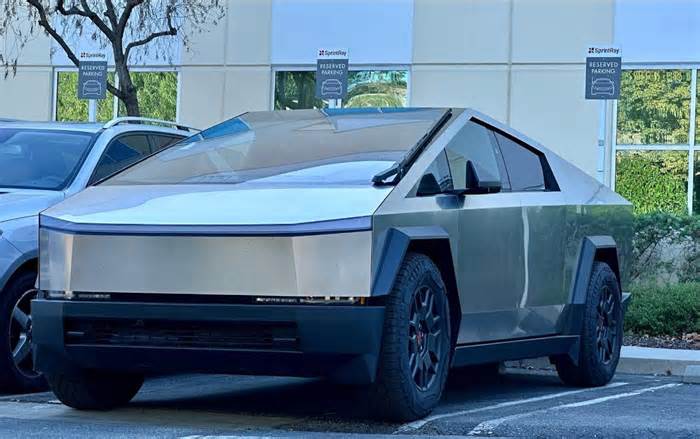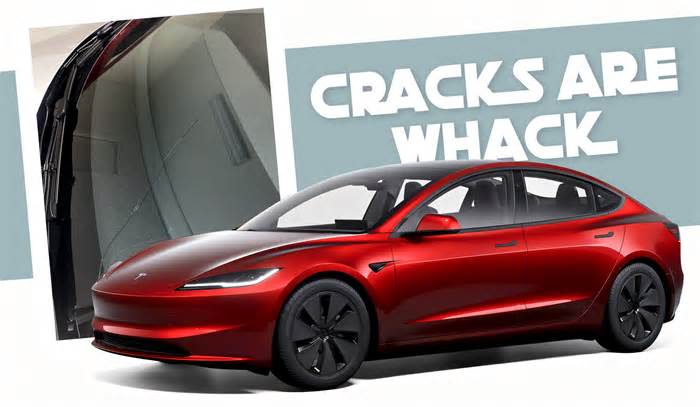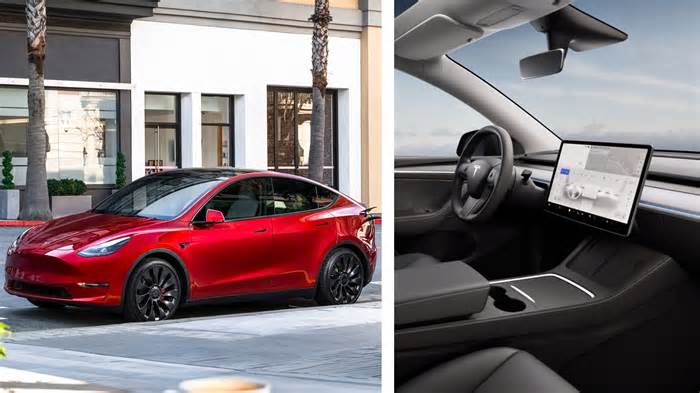
The other billionaire space company
- by The Economist
- Jan 01, 2025
- 0 Comments
- 0 Likes Flag 0 Of 5
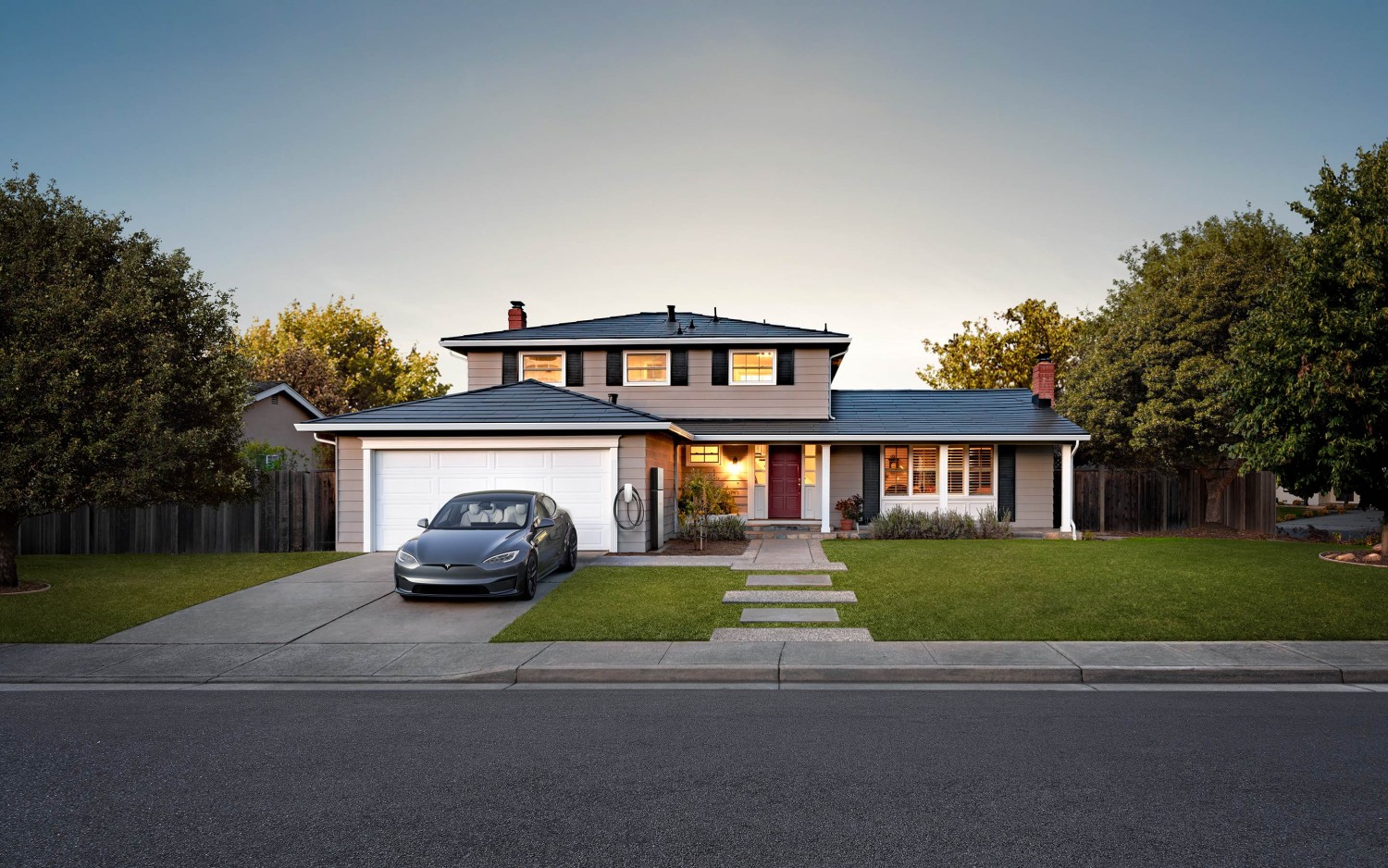
T HAS BEEN
a long time coming. Assuming there are no last-minute delays, then in the next few days Blue Origin, a firm run by Jeff Bezos, Amazon’s founder, will make the first launch of its New Glenn rocket from Cape Canaveral in Florida. If everything goes smoothly, then almost a quarter of a century after it was founded, Blue Origin will reach orbit for the first time—and the private space industry may have ano-ther contender.
That is quite a big “if”. Getting all the way to orbit with a brand-new rocket is a rare feat. Blue Origin also hopes to recover the rocket’s first stage by landing it on a drone ship in the Atlantic Ocean. Doing that on a maiden flight would be unprecedented: that kind of partial reusability was pioneered by SpaceX, Elon Musk’s rocket firm, and it required several attempts before eventually sticking the landing in 2016. (In a nod to those long odds, Blue Origin has named the booster So You’re Telling Me There’s A Chance.)
Admittedly, Blue Origin will not be starting entirely from scratch. Since 2021 the firm has been flying tourists (including Mr Bezos himself) above the Karman Line, the 100km boundary that marks the edge of space. The New Shepard rockets that power those missions are capable of landing for later re-use. But going into orbit is much harder than crossing the Karman Line. It requires not only flying much higher, but also accelerating sideways to around 28,000 kilometres per hour.
Chart: The Economist
New Glenn is, therefore, far bigger and more capable than New Shepard (see diagram). At 98 metres tall it is just two metres shy of one commonly used definition of a skyscraper. Only three rockets currently flying—SpaceX’s Starship and Falcon Heavy vehicles, and
NASA
’s Space Launch System—produce more thrust. New Glenn is designed to carry 45 tonnes to orbit, roughly double the capacity of SpaceX’s workhorse Falcon 9.
But amid all the excitement, many observers will be wondering what has taken Blue Origin so long. The firm’s motto is gradatim ferociter, or “step by step, ferociously.” In contrast to Mr Bezos’s hard-charging management style at Amazon, at Blue Origin the gradatim has been much more visible than the ferociter. The firm was established in 2000. Contemporaries such as SpaceX (founded in 2002) or Rocket Lab (2006) have been flying to orbit for years—more than 400 times in SpaceX’s case, which has established itself as the planet’s most capable space organisation.
The problem is not lack of ambition on its owner’s part. In 2019, two years before he stepped down as Amazon’s
CEO
, Mr Bezos gave a presentation advocating the construction of giant space-going cities, of the sort proposed by Gerard O’Neill, an American physicist, in the 1970s. (Mr Bezos went to Princeton University, the institution where O’Neill taught.)
Moving humans and their industry off Earth, said Mr Bezos, would allow the population to grow to a trillion people. That would mean “a thousand Mozarts and a thousand Einsteins”, he said in 2023, and allow Earth to be run mostly as a nature reserve. Blue Origin was founded to provide the cheap access to space necessary to make that idea a reality.
The tortoise and the hare
One reason for the subsequent slow progress might have been that Mr Bezos was too busy with his day job at Amazon to pay close attention to his rocket company. Many of the managers he hired to run Blue Origin were from the sleepy “Old Space” establishment. “Blue Origin’s approach was to say ‘We’ll hire the best in the business’,” says Simon Potter at BryceTech, a firm of analysts. SpaceX, he says, “started from the assumption that the whole [aerospace] business was broken anyway”, and so did things its own way.
Caleb Henry of Quilty Space, another firm of analysts, thinks Blue Origin might have been too well-funded for its own good. Mr Bezos was already a billionaire when he founded the firm, and has made regular donations over the years. By contrast Mr Musk had to run SpaceX on a comparative shoestring, at least at first, with the firm almost going bust in 2008. Even now, says Mr Henry, SpaceX retains a scrappy, high-pressure start-up culture. “I think the work-life balance at Blue Origin is attractive to many people,” he says. But it has perhaps meant less progress than the boss would have liked.
Mr Bezos himself has admitted that Blue Origin has been too slow, and has said he quit as Amazon’s chief executive partly to speed things up. In 2023 Bob Smith, Blue Origin’s
CEO
Please first to comment
Related Post
Stay Connected
Tweets by elonmuskTo get the latest tweets please make sure you are logged in on X on this browser.
Sponsored
Popular Post
Middle-Aged Dentist Bought a Tesla Cybertruck, Now He Gets All the Attention He Wanted
32 ViewsNov 23 ,2024
tesla Model 3 Owner Nearly Stung With $1,700 Bill For Windshield Crack After Delivery
32 ViewsDec 28 ,2024






 Energy
Energy




